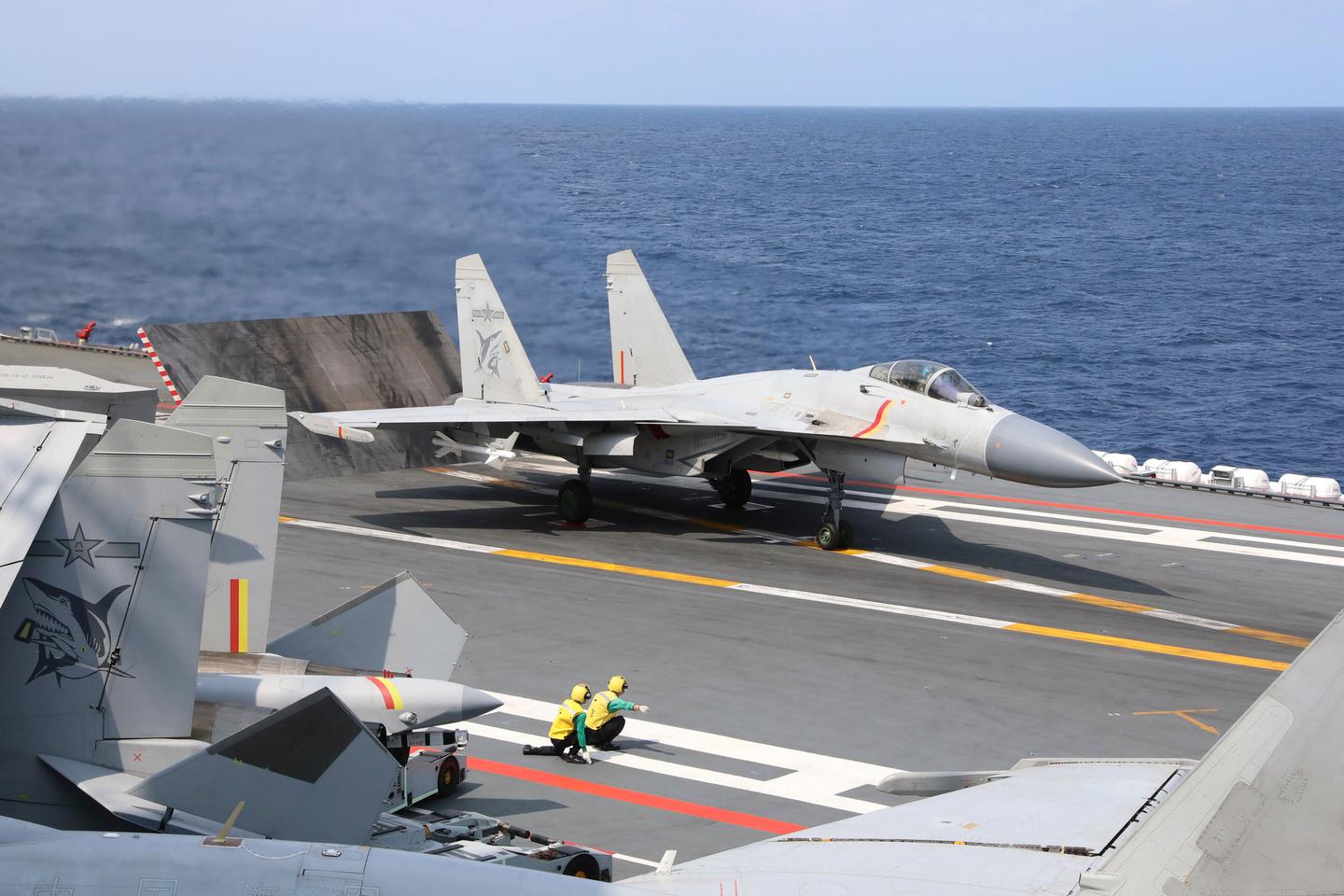


China named former navy commander Dong Jun as its new defence minister on Friday, December 29, replacing a predecessor who was removed after just seven months, as Beijing and Washington restart critical military talks.
Dong's promotion comes at a sensitive time, as Beijing ups military pressure on the self-ruled island of Taiwan ahead of presidential elections next month, and grows increasingly assertive in the disputed waters of the South China Sea. China and the United States are also in the process of re-establishing military lines of communication – crucial if the two powers are to stop competition from turning into conflict.
Dong was appointed at a meeting of the standing committee of China's National People's Congress, according to the country's state news agency Xinhua. Beijing has not given an official reason for the removal of Li Shangfu, Dong's predecessor, who was ousted after seven months in the role following a lengthy disappearance from public view.
His dismissal was one in a series of high-level demotions in the country's military establishment. Three executives at leading Chinese missile defence firms were removed from Beijing's top political advisory committee this week, according to state media.
Fighting alleged corruption has long been a central theme of Chinese President Xi Jinping's rule, which has been punctuated by high-level removals and disappearances of officials. Recent months have also seen an overhaul in the leadership of China's secretive Rocket Force, the army unit which oversees Beijing's nuclear arsenal, following media reports of a graft probe involving its former chief.
Dong, born in 1961, was made commander of the navy in August 2021. He was replaced by Hu Zhongming earlier this month. Dong previously served as deputy commander of the Chinese military's Southern Theater Command, which includes in its area of operation the South China Sea, where Beijing has territorial disputes with neighbouring countries.
Dong's appointment "is a sign of China seeing South China Sea as a new priority area of geopolitical contestation between China and the US," Wen-Ti Sung, a political scientist at the Australian National University, wrote in a post on social media platform X (formerly Twitter).
